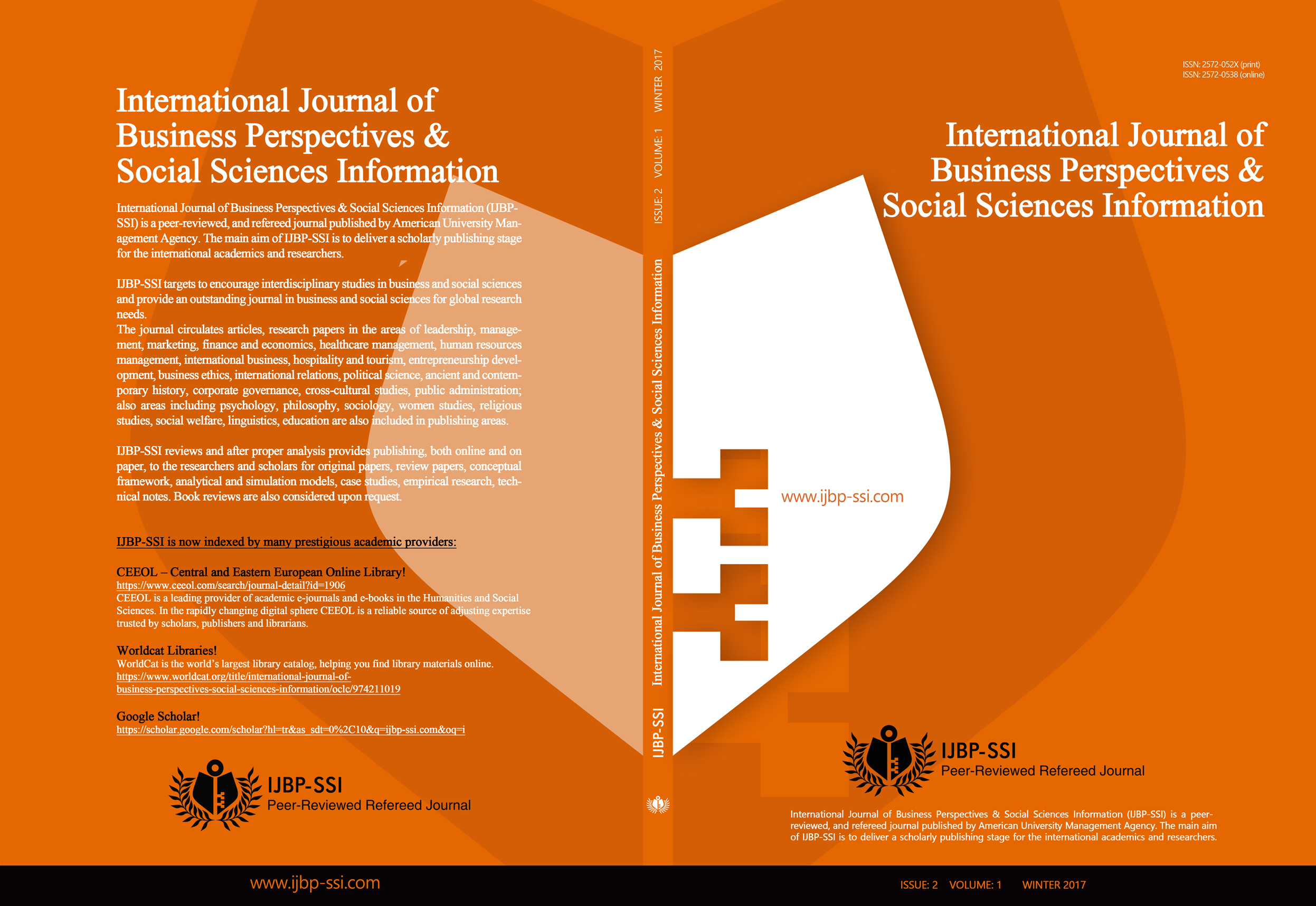THE EFFECTS OF LEADER POWER SOURCES USED BY THE MANAGERS IN PRIMARY SCHOOLS ON THE ORGANIZATIONAL LEARNING
THE EFFECTS OF LEADER POWER SOURCES USED BY THE MANAGERS IN PRIMARY SCHOOLS ON THE ORGANIZATIONAL LEARNING
Author(s): Cenk VarolContributor(s): Hakan Cora (Editor), Michael Dylan Cora (Editor)
Subject(s): Economy, Education, Business Economy / Management, Business Ethics
Published by: American University Management Agency LLC
Summary/Abstract: This study deals with the effects of power sources used by managers in primary schools on organizational learning.Within the scope of the study, data were collected from 217 teachers working in primary schools in Aydın using a questionnaire. ANOVA, t-test, correlation analysis, and regression analysis were performed to examine the relationships between variables. Analyzes made showed that charismatic power (β=0.15, p<0.05), expert power(β=0.34, p<0.01), and coercive power (β=0.09, p<0.05) which are amongst leader power sources have significant effects on organizational learning. Nevertheless; it was found that reward power and legal power, when treated together with other power sources, do not show the expected effect on organizational learning. The main purpose of the study is understanding the fact that expert power stemming from the experience and knowledge of primary school managers is the most important type of power that can be used in the organizational learning.
Journal: International Journal of Business Perspectives & Social Sciences Information
- Issue Year: 1/2017
- Issue No: 2
- Page Range: 68-86
- Page Count: 19
- Language: English

